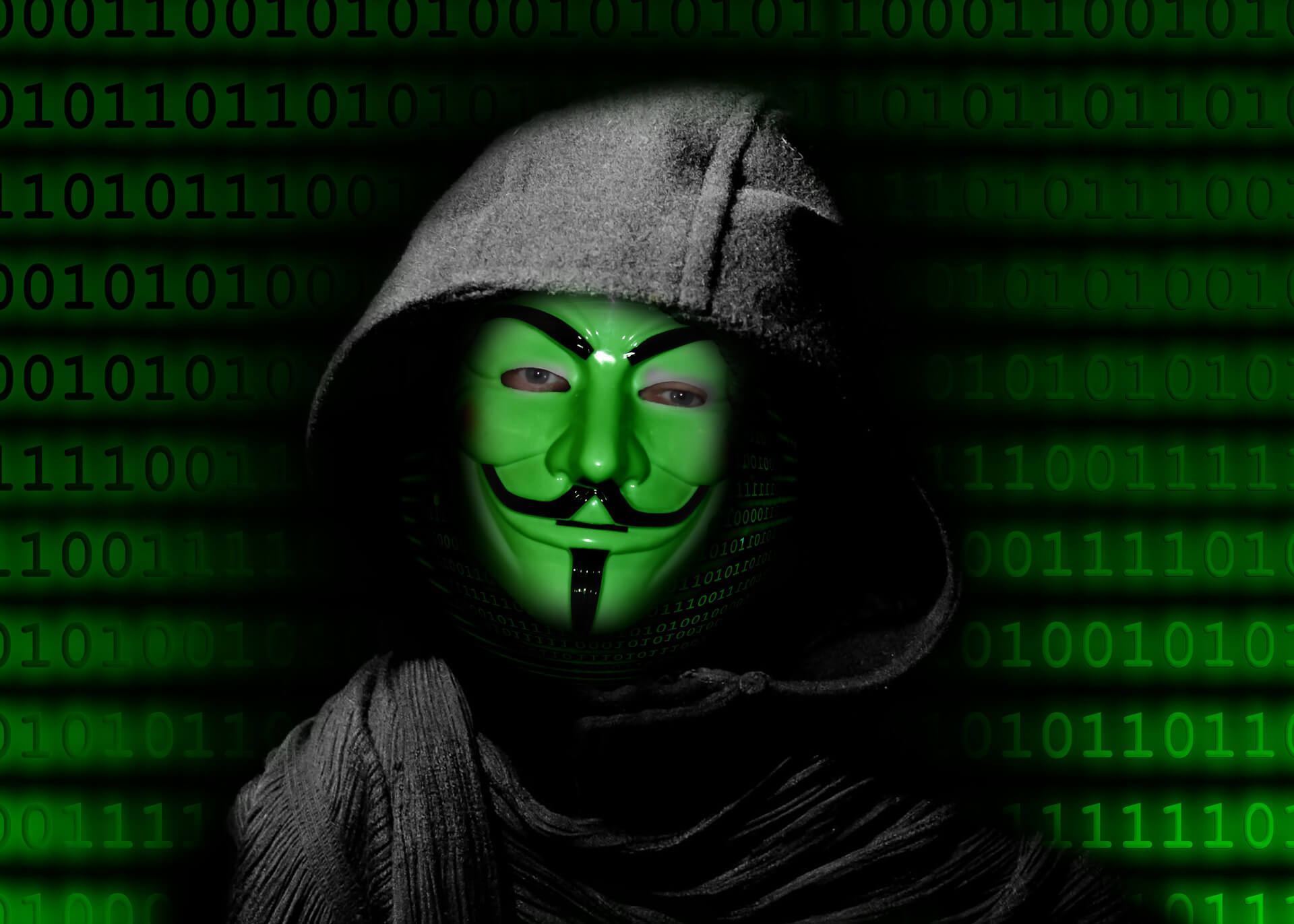Beware Of Scammers: Ticketmaster's Warning On Fake Ticket Sales

Table of Contents
Identifying the Red Flags of Fake Ticketmaster Tickets
Before purchasing tickets, it's crucial to be vigilant and recognize the warning signs of fraudulent transactions. Many scams involve fake Ticketmaster tickets, and understanding these red flags is your first line of defense.
Unusually Low Prices
A significant indicator of a potential scam is a ticket price dramatically lower than the official market value. Scammers often lure unsuspecting buyers with "too good to be true" deals, hoping to capitalize on their desire for discounted tickets.
- Example: A front-row seat to a sold-out concert listed for $50 when the official price is $500.
- Example: Tickets for a popular sporting event offered at half the price on a third-party website.
- Remember: If a deal seems too good to be true, it probably is.
Unofficial Sales Channels
Purchasing tickets outside of official Ticketmaster channels significantly increases your risk of encountering fake Ticketmaster tickets. Avoid buying from unofficial platforms; they often lack buyer protection and verification systems.
- Risky Platforms: Craigslist, eBay, Facebook Marketplace, and other social media groups.
- Why they are risky: No guarantee of ticket authenticity, no recourse if the tickets are invalid, high risk of losing your money.
- Always prioritize official channels for secure transactions.
Suspicious Websites and Emails
Scammers often create counterfeit websites that closely mimic Ticketmaster's official site. They also employ phishing emails to trick unsuspecting users into revealing personal information or making fraudulent payments.
- Suspicious Website Addresses: Look for misspellings in the website address (e.g., "Ticketmastter.com") or unusual domain extensions.
- Fake Email Signatures: Be wary of emails with poor grammar, generic greetings ("Dear Customer"), or urgent requests for immediate payment.
- Never click on links from unknown sources.
Unusual Payment Methods
Legitimate ticket vendors, including Ticketmaster, utilize secure online payment gateways. Beware of sellers requesting payment through methods that offer little to no buyer protection.
- Risky Payment Methods: Wire transfers, prepaid debit cards, cash transfers (in person or via apps), cryptocurrency.
- Secure Payment Methods: Credit cards and PayPal offer some buyer protection in case of fraud.
- Always prioritize secure payment options offered by official vendors.
Safeguarding Yourself Against Fake Ticketmaster Tickets
Protecting yourself from fake Ticketmaster tickets requires a proactive approach. By following these steps, you can significantly reduce your risk.
Buy Directly from Ticketmaster
The most effective way to avoid fraudulent tickets is to purchase them directly from the official Ticketmaster website or mobile app.
- Steps to Verify Ticketmaster's Website: Check the URL for accuracy (look for "ticketmaster.com"), and look for a padlock icon in the browser's address bar to indicate a secure connection (HTTPS).
- Ticketmaster Customer Support: If you have questions or concerns, contact Ticketmaster’s customer support directly through their official channels.
Verify Ticket Authenticity
Once you have received your tickets, take steps to verify their authenticity. While Ticketmaster's barcode verification system may not always be available, visual inspection can still help.
- Steps to Verify a Ticket: If a barcode verification system is available, use it. Compare the ticket's details against your order confirmation.
- Visual Cues of a Fake Ticket: Low-quality printing, inconsistencies in design, missing or incorrect details, and obvious alterations.
Report Suspicious Activity
If you encounter suspicious activity, such as a suspicious website or email, or if you believe you have purchased a fake ticket, report it immediately.
- Report to Ticketmaster: Use Ticketmaster's reporting channels to alert them to the suspicious activity.
- Report to Authorities: Contact the Federal Trade Commission (FTC) or your local law enforcement agency to file a report.
- Reporting helps prevent future scams and protects other potential victims.
Protecting Yourself from Fake Ticketmaster Ticket Scams
In summary, purchasing fake Ticketmaster tickets can result in significant financial losses and disappointment. By understanding the red flags of fraudulent activity, purchasing tickets directly from official channels, and verifying their authenticity, you can significantly reduce your risk. Remember to report suspicious activity to protect yourself and others. Don't become a victim of fake Ticketmaster ticket scams! Protect yourself by following these tips. Share this article to help others avoid fake Ticketmaster tickets!

Featured Posts
-
 Ira Khan Shares Unexpected Story After Andre Agassi Meeting
May 30, 2025
Ira Khan Shares Unexpected Story After Andre Agassi Meeting
May 30, 2025 -
 Nmw Dwytshh Bnk Fy Alimarat Thlyl Alswq Walfrs
May 30, 2025
Nmw Dwytshh Bnk Fy Alimarat Thlyl Alswq Walfrs
May 30, 2025 -
 Red Tide Crisis On Cape Cod Current Status And Impact
May 30, 2025
Red Tide Crisis On Cape Cod Current Status And Impact
May 30, 2025 -
 Confirmation Of Measles In Sacramento County Wastewater Health Officials Respond
May 30, 2025
Confirmation Of Measles In Sacramento County Wastewater Health Officials Respond
May 30, 2025 -
 Measles Outbreak In Texas A Growing Concern With New Cases
May 30, 2025
Measles Outbreak In Texas A Growing Concern With New Cases
May 30, 2025
